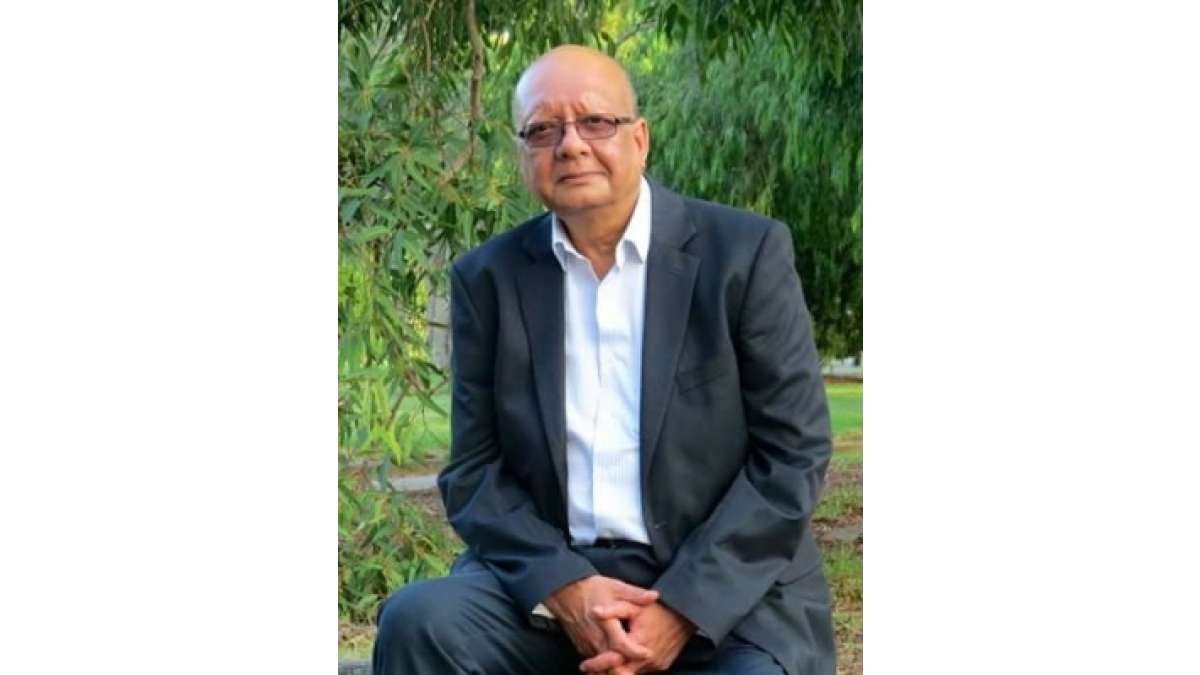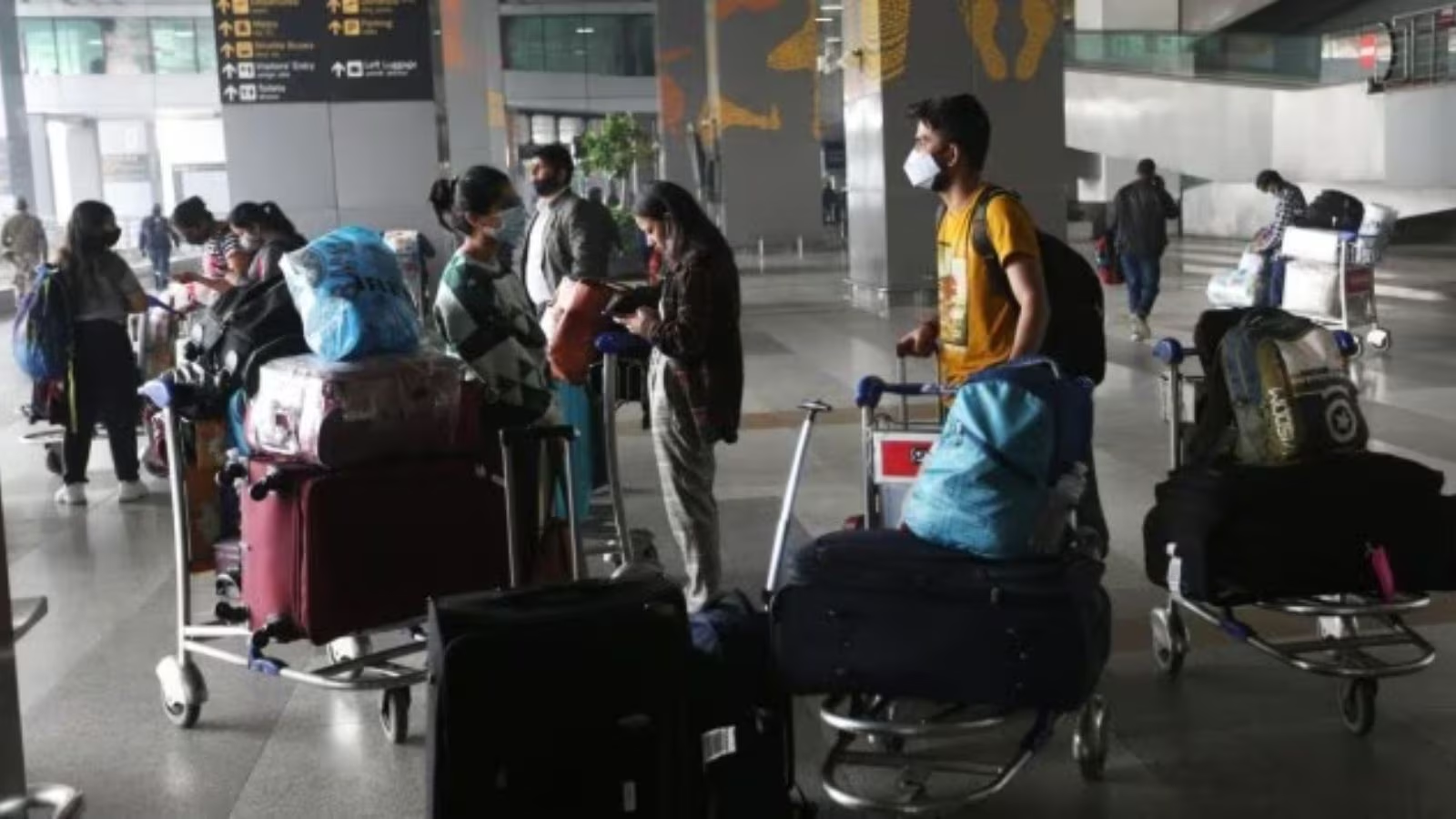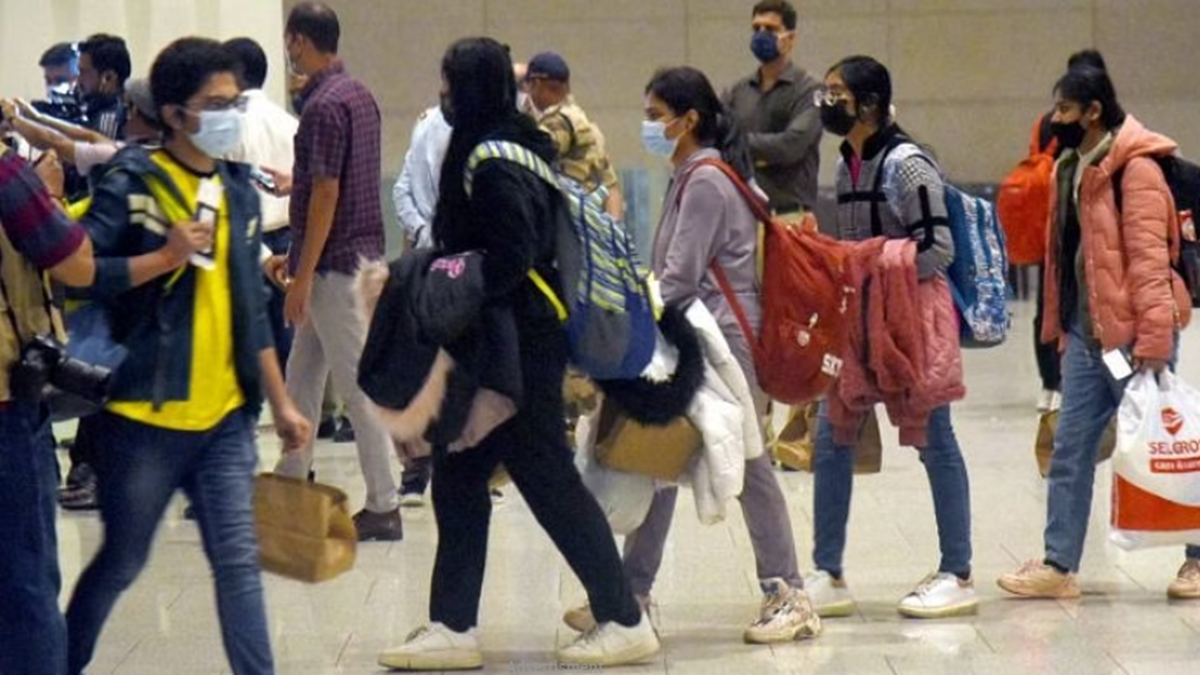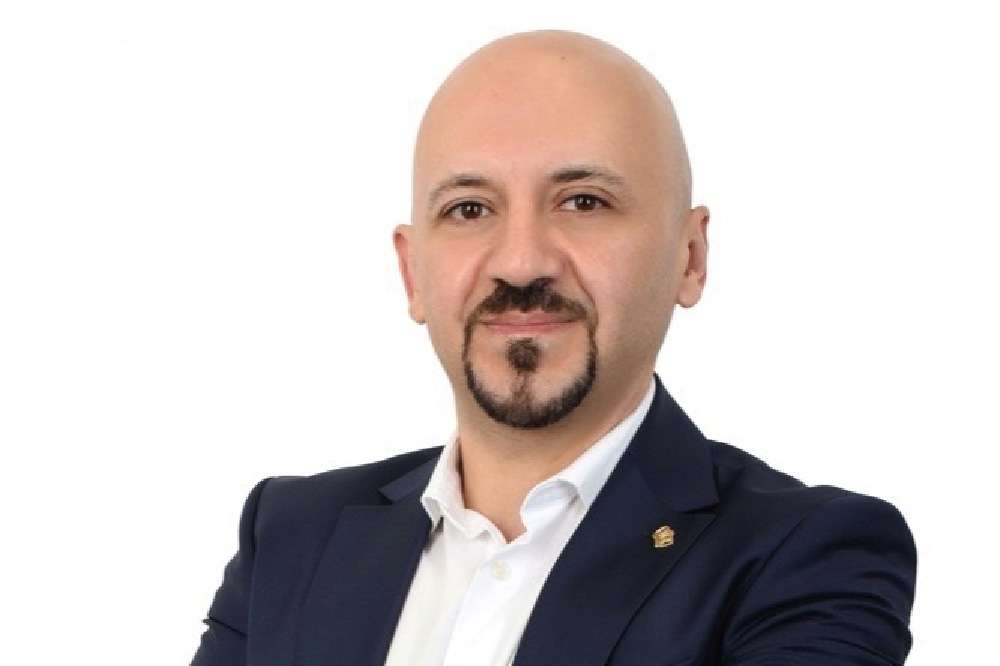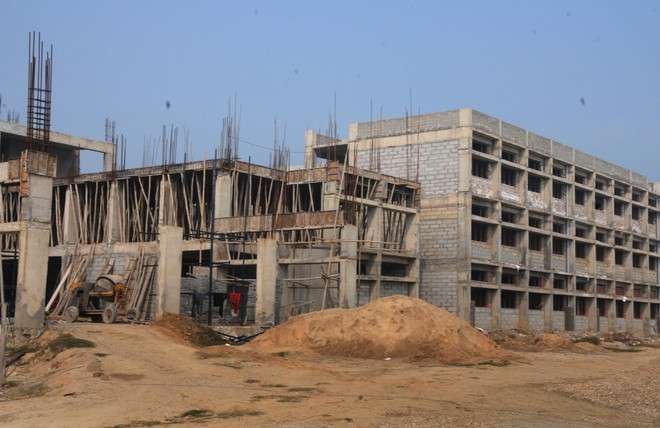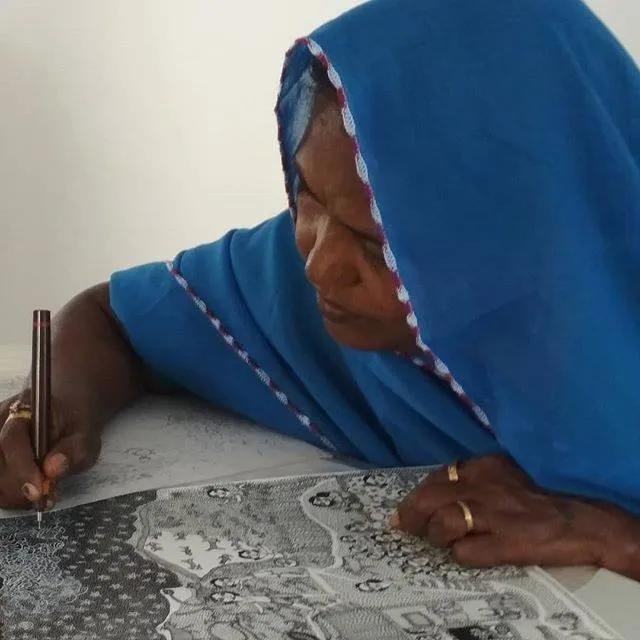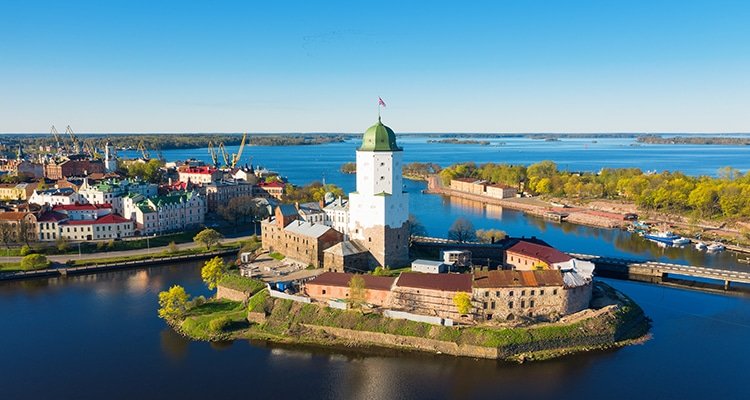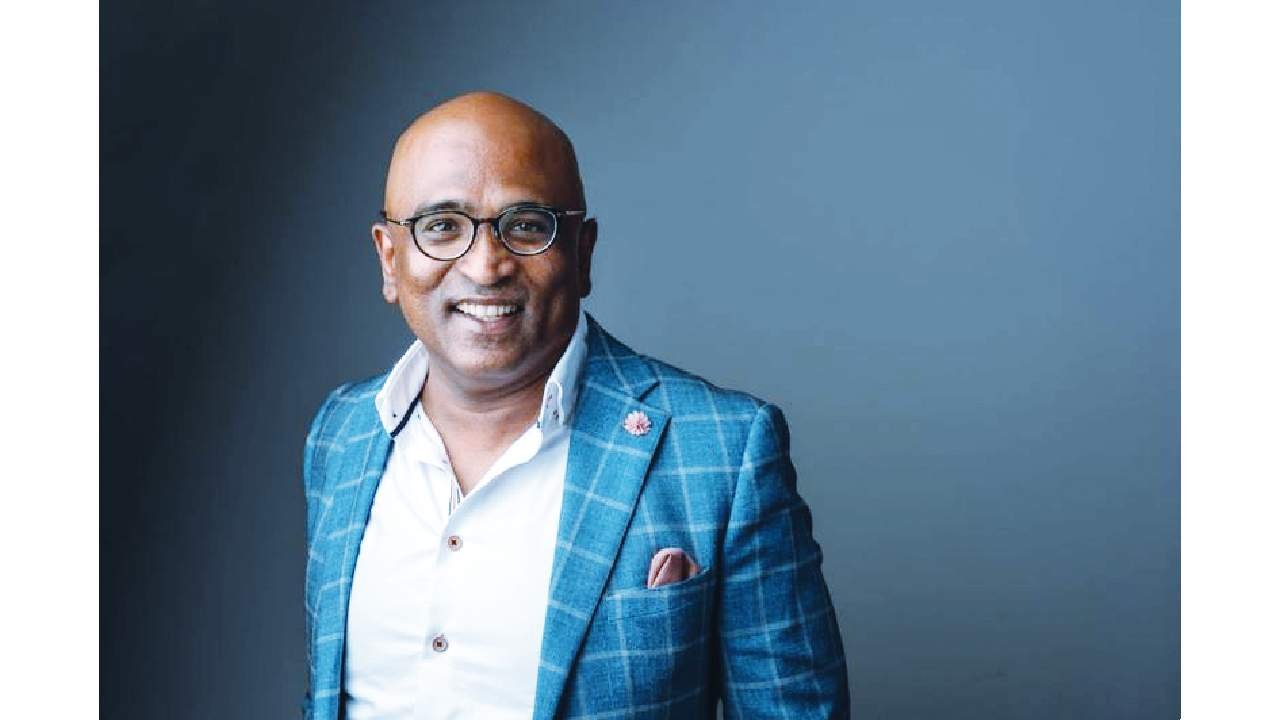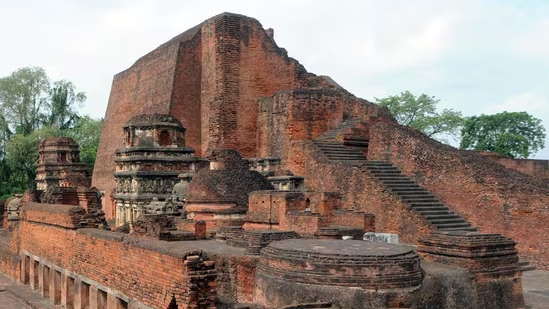“People need someone to blame for their economic woes and migrants are an easy target. Certainly, multiculturalism is threatened at present. Fortunately, in some countries, such as Australia and New Zealand, this is not the case.”
— Amit Dasgupta, Consul-General of India to Sydney from 2009 to 2012
A lot of Indians have been migrating to countries like Australia and New Zealand since multi-culturalism is not under threat in those countries, said Amit Dasgupta, Consul-General of India to Sydney from 2009 to 2012, to IANS. “People need someone to blame for their economic woes and migrants are an easy target. Certainly, multiculturalism is threatened at present. Fortunately, in some countries, such as Australia and New Zealand, this is not the case.”
Post-pandemic, the global community is going through stress and we see a resurgence of ultranationalism, said Dasgupta, who was recently appointed Honorary Member in the General Division of the Order of Australia.
Dasgupta said Europe was a “frightening example”. In such a scenario, “xenophobia and anti-migration policies are inevitable as governments resort to it to deflect attention from poor governance”.
Dasgupta’s comments come in the wake of Indian-origin British Home Secretary Suella Braverman’s views, who ruffled feathers in India by saying that Indians overstay their visa in the UK, thus putting the FTA between the two nations in limbo, reported IANS.
“Migrants are a source of human capital. To club all migrants as refugees and asylum seekers reflects a lack of understanding,” Dasgupta said.
“The assault against multiculturalism and diversity is not going to go away soon because several governments find it convenient to raise the bogey of migration for their own survival, vested interests and lack of policy, ” Dasgupta, who is also Inaugural Country Director of the University of New South Wales, told IANS. “The good story is that not everyone buys into the lie and migrants are clear as to which country is welcoming and those that are not. This explains the large number of Indians migrating to Australia.”
As of 2021, numbering over 780, 000 Indian migrants have overtaken Chinese and New Zealand-born immigrants. Their numbers doubled during 1996-2006, quadrupled during 2006-2020, and were Australia’s fastest growing large diaspora community in 2020.
“Attacks happen every day and everywhere and I dare say, they certainly happen in India. There is zero tolerance in Australia towards racism or racially motivated attacks. It is part of their national policy and acts as a core differentiator between them and several other countries.”
— Amit Dasgupta
Indians constitute the second largest taxpayers in Australia, and it is the second largest source of international students in New Zealand, according to media reports.
The diverse Indian community abroad has peacefully co-existed for several decades but recent events in Leicester, Canada have heightened concerns that a stark religious polarisation in India is seeping into diaspora communities.
“During all my various assignments abroad, I have never witnessed a divide among members of the community based on religious or linguistic lines. They took pride in India’s extraordinary diversity as the hallmark of what India means to them, ” Dasgupta told IANS. “For the Indian diaspora, which is as diverse as India herself is, regional and linguistic ties characterised the community. To assume that the diaspora is homogenous is, therefore, fallacious,” he said.
Beginning 2009, attacks against Indian students had threatened Australia’s international reputation. Dasgupta, then as India’s Consul-General, played a pivotal role in diffusing tensions and reassuring the Indian diaspora. “It is my considered view that the majority of the attacks were law and order problems. The states of New South Wales and South Australia handled it well. Victoria simply did not,” he said.
Dasgupta was awarded a gold medal by the Multicultural Commission of the New South Wales government for promoting multi-culturalism and harmony. He was also India’s Ambassador to the Philippines, and has served in various capacities in Cairo, Brussels, Kathmandu, Berlin and Sydney.
“Attacks happen every day and everywhere and I dare say, they certainly happen in India. There is zero tolerance in Australia towards racism or racially motivated attacks. It is part of their national policy and acts as a core differentiator between them and several other countries,” Dasgupta said. He was referring to the attack on Shubham Garg, a 28-year-old Indian student in Sydney, who was stabbed multiple times in the face, chest and abdomen by a man who demanded that the cash he withdrew from an ATM be handed over to him. Local media reports, including Garg’s parents, called it a “racist attack”.
*********************************************************************
Readers
These are extraordinary times. All of us have to rely on high-impact, trustworthy journalism. And this is especially true of the Indian Diaspora. Members of the Indian community overseas cannot be fed with inaccurate news.
Pravasi Samwad is a venture that has no shareholders. It is the result of an impassioned initiative of a handful of Indian journalists spread around the world. We have taken the small step forward with the pledge to provide news with accuracy, free from political and commercial influence. Our aim is to keep you, our readers, informed about developments at ‘home’ and across the world that affect you.
Please help us to keep our journalism independent and free.
In these difficult times, to run a news website requires finances. While every contribution, big or small, will makes a difference, we request our readers to put us in touch with advertisers worldwide. It will be a great help.
For more information: pravasisamwad00@gmail.com

